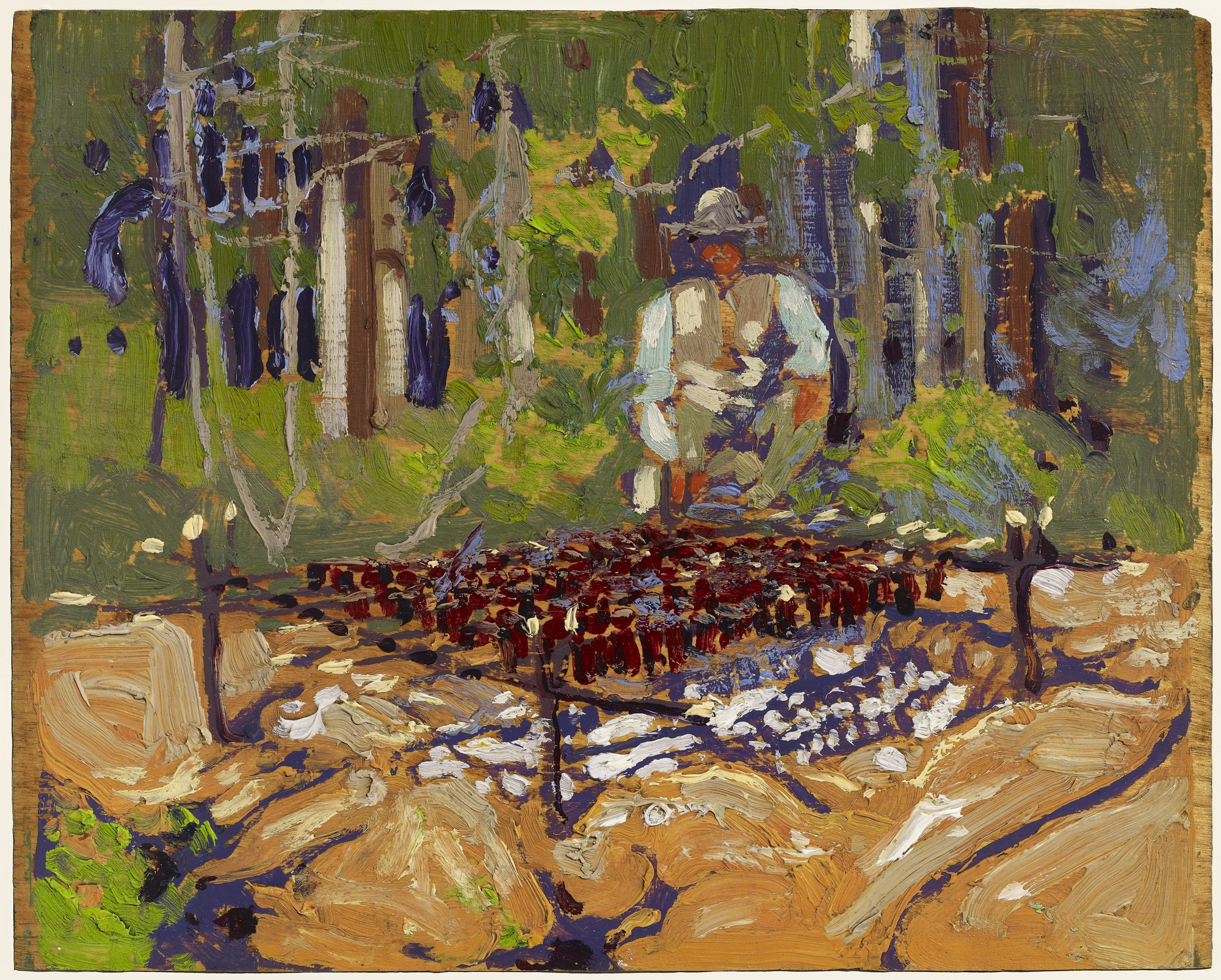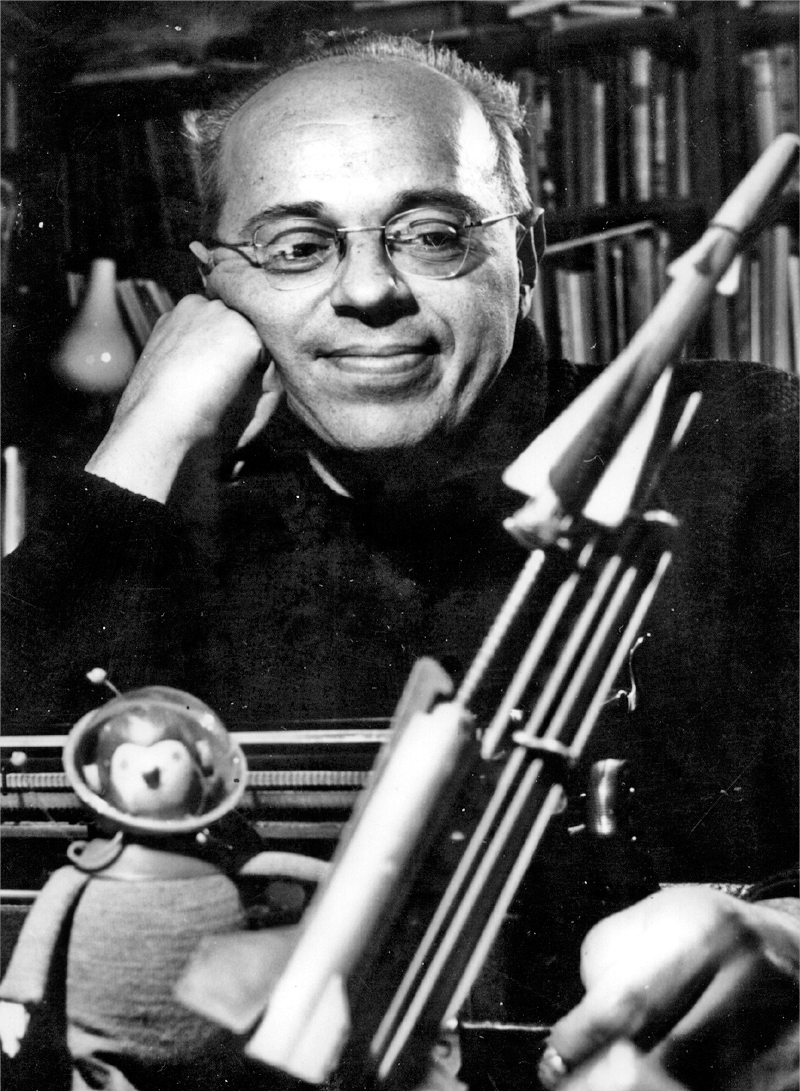|
Jakub Wędrowycz
Jakub Wędrowycz is the protagonist of a number of short stories by Andrzej Pilipiuk, a Poland, Polish science fiction and fantasy writer. Wędrowycz is an antihero, an elderly alcoholic, moonshine producer, poacher, amateur exorcism, exorcist and fighter against all sorts of supernatural forces dwelling around his village, from Extraterrestrial life, aliens to vampires, demons and devils, as well as more mundane threats such as Russian mafia, policemen and tax inspectors. Wędrowycz debuted in a short story published in 1996, and has been featured in dozens of short stories and several book anthologies. With time, Wędrowycz became the most easily recognizable characters of Pilipiuk's speculative fiction and humorous prose, as well as one of the icons of modern Polish pop culture. Many official illustrations of Wędrowycz, particularly for the books, have been done by Polish illustrator . Fictional character biography Wędrowycz lives in Stary Majdan, Gmina Wojsławice, in a ... [...More Info...] [...Related Items...] OR: [Wikipedia] [Google] [Baidu] |
Pyrkon 2018 Jakub Wędrowycz Cosplay
Multigenre Fan Convention Pyrkon (pol. ''Festiwal Fantastyki Pyrkon'') (commonly known as Pyrkon) is a Polish fan convention held annually in Poznań on the first weekend after the equinox, spring equinox and dedicated to an integration of Science fiction fandom and a promotion of science-fiction/fantasy literature, comics, film, television, video games, Role-playing game, RPG, Live action role-playing game, LARP, board games, collectible card games and miniature wargaming. Pyrkon is the biggest event of this type in Poland and one of the biggest in Europe (over 55,000 people in 2022). History Pyrkon has been held by the Second Age Science fiction fandom, Science Fiction Club (''Klub Fantastyki "Druga Era"'') every year since 2000, except 2005 when they held Polcon. (In 2011 they organised both Pyrkon and Polcon.) Pyrkon has been a non-profit convention from its beginning, and all organizers, lecturers and gofers are volunteers. Pyrkon was initially held in the Dębiec dis ... [...More Info...] [...Related Items...] OR: [Wikipedia] [Google] [Baidu] |
Poaching
Poaching is the illegal hunting or capturing of wild animals, usually associated with land use rights. Poaching was once performed by impoverished peasants for subsistence purposes and to supplement meager diets. It was set against the hunting privileges of nobility and territorial rulers. Since the 1980s, the term "poaching" has also been used to refer to the illegal harvesting of wild plants. In agricultural terms, the term 'poaching' is also applied to the loss of soils or grass by the damaging action of feet of livestock, which can affect availability of productive land, water pollution through increased runoff and welfare issues for cattle. Stealing livestock, as in cattle raiding, classifies as theft rather than poaching. The United Nations' Sustainable Development Goal 15 enshrines the sustainable use of all wildlife. It targets the taking of action on dealing with poaching and trafficking of protected species of flora and fauna to ensure their availability for present ... [...More Info...] [...Related Items...] OR: [Wikipedia] [Google] [Baidu] |
Fictional Exorcists
Fiction is any creative work, chiefly any narrative work, portraying individuals, events, or places that are imaginary or in ways that are imaginary. Fictional portrayals are thus inconsistent with fact, history, or plausibility. In a traditional narrow sense, fiction refers to written narratives in prose often specifically novels, novellas, and short stories. More broadly, however, fiction encompasses imaginary narratives expressed in any medium, including not just writings but also live theatrical performances, films, television programs, radio dramas, comics, role-playing games, and video games. Definition and theory Typically, the fictionality of a work is publicly expressed, so the audience expects a work of fiction to deviate to a greater or lesser degree from the real world, rather than presenting for instance only factually accurate portrayals or characters who are actual people. Because fiction is generally understood as not adhering to the real world, the the ... [...More Info...] [...Related Items...] OR: [Wikipedia] [Google] [Baidu] |
Fictional Alcohol Abusers
Fiction is any creative work, chiefly any narrative work, portraying individuals, events, or places that are imaginary or in ways that are imaginary. Fictional portrayals are thus inconsistent with fact, history, or plausibility. In a traditional narrow sense, fiction refers to written narratives in prose often specifically novels, novellas, and short stories. More broadly, however, fiction encompasses imaginary narratives expressed in any medium, including not just writings but also live theatrical performances, films, television programs, radio dramas, comics, role-playing games, and video games. Definition and theory Typically, the fictionality of a work is publicly expressed, so the audience expects a work of fiction to deviate to a greater or lesser degree from the real world, rather than presenting for instance only factually accurate portrayals or characters who are actual people. Because fiction is generally understood as not adhering to the real world, the th ... [...More Info...] [...Related Items...] OR: [Wikipedia] [Google] [Baidu] |
Fenix (magazine)
''Fenix'' was a Polish science fiction magazine published from 1990 to 2001. It was the first privately owned magazine in the country. It was created by Jarosław Grzędowicz, , Rafał A. Ziemkiewicz, and . The magazine was reactivated in literary and critical anthology form in 2018 by (Polish s-f and comic writer and publisher) and Sokołowski under the name ' with official approval from Grzędowicz. About Fenix was created as a continuation of ''Feniks'' fanzine, which ran for 8 issues winning the European SF Awards in 1987 for best zine. The magazine was published at first by Radwan, then since 1991 by , and from 2000 to 2001 by , after which date the publication was suspended until 2018. From the beginning to 1993 Rafał A. Ziemkiewicz was the editor in chief, later on replaced by Jarosław Grzędowicz. The 2018 ' run was edited by Bartek Biedrzycki and lasted to 2020. The magazine was visually distinct due to its small,"pocket" size, also recalled as easy to carry in th ... [...More Info...] [...Related Items...] OR: [Wikipedia] [Google] [Baidu] |
PTTK
''Polskie Towarzystwo Turystyczno-Krajoznawcze'', PTTK (Polish Tourist and Sightseeing Society) is a Polish non-governmental tourist organization with 312 branches across the country. The PTTK is one of the oldest tourist societies in Europe. Its origins stretch back to the foreign Partitions of Poland. In August 1873 a group of tourism enthusiasts including painter and photographer Walery Eljasz Radzikowski from Kraków and physician Tytus Chałubiński founded the Polish cultural Tatra Society (''Polskie Towarzystwo Tatrzańskie'', originally the "Galician" Tatra Society for the Austrian censorship). A parallel Polish Sightseeing Society (''Polskie Towarzystwo Krajoznawcze'') was founded by ethnographer Zygmunt Gloger in 1906. The two organizations merged after World War II in 1950 to form the PTTK. Current Operations The Society aims to promote qualified tourism and sightseeing. Its activities include designing and marking tourist trails as well as cycling, horse an ... [...More Info...] [...Related Items...] OR: [Wikipedia] [Google] [Baidu] |
Wojsławice, Lublin Voivodeship
Wojsławice is a village in Chełm County, Lublin Voivodeship, in eastern Poland. It is the seat of the gmina (administrative district) called Gmina Wojsławice. It lies approximately south of Chełm and south-east of the regional capital Lublin. The village is a common setting of many literary works by Polish writer Andrzej Pilipiuk, in particular, related to his fictional character Jakub Wędrowycz, who lives in the nearby village of Stary Majdan. Since 2006, an annual fandom convention dedicated to has been taking place in Wojsławice, and a 3-meter tall wooden statue of the character has been raised in 2013. There is an Orthodox Church of Our Lady of Kazan and Saint Elijah in the village, constructed in the Baroque style between 1771 and 1774 as a Uniate church. It became an Orthodox parish church during the Conversion of Chełm Eparchy. The Wojsławice parish remained active until the expulsion of the local Ukrainian Orthodox population in the 1940s, when it was closed ... [...More Info...] [...Related Items...] OR: [Wikipedia] [Google] [Baidu] |
Collectible Card Game
A collectible card game (CCG), also called a trading card game (TCG) among other names, is a type of card game that mixes strategy game, strategic deck building elements with features of trading cards. The genre was introduced with ''Magic: The Gathering'' in 1993. Cards in CCGs are specially designed sets of playing cards. Each card represents an element of the theme and rules of the game, and each can fall in categories such as creatures, enhancements, events, resources, and locations. All cards within the CCG typically share the same common backside Work of art, art, while the front has a combination of ownership, proprietary artwork or images to Embellishment, embellish the card along with instructions for the game and flavor text. CCGs are typically themed around fantasy or science fiction genres, and have also included Horror fiction, horror themes, cartoons, and sports, and may include licensed intellectual property, intellectual properties. Generally, a Player (game), pl ... [...More Info...] [...Related Items...] OR: [Wikipedia] [Google] [Baidu] |
The Witcher
''The Witcher'' (, ) is a series of 9 fantasy novels and 15 short stories by Polish author Andrzej Sapkowski. The series revolves around the eponymous witcher, Geralt of Rivia. Witchers are monster hunters given superhuman abilities for the purpose of killing dangerous creatures. ''The Witcher'' began with a titular 1986 short story that Sapkowski entered into a competition held by '' Fantastyka'' magazine, marking his debut as an author. Due to reader demand, Sapkowski wrote 14 more stories before starting a series of novels in 1994. Known as ''The Witcher Saga'', he wrote one book a year until the fifth and final installment in 1999. A standalone prequel novel, '' Season of Storms'', was published in 2013. Another prequel, '' Crossroads of Ravens'', was published in 2024. The books have been described as having a cult following in Poland and throughout Central and Eastern Europe. They have been translated into 37 languages and sold over 15 million copies worldwide as of Ju ... [...More Info...] [...Related Items...] OR: [Wikipedia] [Google] [Baidu] |
Geralt Of Rivia
Geralt of Rivia () is a fictional character and the protagonist of '' The Witcher'' series of short stories and novels by Polish author Andrzej Sapkowski. He is a magically enhanced monster-hunter known as a "witcher", who possesses supernatural abilities due to his mutations. Geralt of Rivia is also the protagonist in CD Projekt Red's series of video games based on ''The Witcher''. In television adaptations, he was portrayed by Michał Żebrowski in '' The Hexer'' film and television series, while Henry Cavill portrays the character in the first three seasons of Netflix's '' The Witcher'' television series, with Tristan Ruggeri portraying a young Geralt in the first season, and Liam Hemsworth due to take over the role from the fourth season onward. Fictional biography Novels Geralt is a witcher, a magical mutant made for hunting and killing monsters. Shortly after being born, Geralt's mother, Visenna, gives him away to undergo training and, eventually, become a witcher a ... [...More Info...] [...Related Items...] OR: [Wikipedia] [Google] [Baidu] |
Andrzej Sapkowski
Andrzej Sapkowski (; born 21 June 1948) is a Polish fantasy writer. He is best known for his series of books '' The Witcher'', which revolves around the eponymous monster-hunter, Geralt of Rivia. The saga has been popularized through television, stage, comic books, video games and translated into 37 languages making him the second most-translated Polish science fiction and fantasy writer after Stanisław Lem. Described as the "Polish Tolkien", he has written multiple novels and short story collections, selling over 30 million copies worldwide. The influence of Slavic mythology is seen as a characteristic feature of many of his works. He is a five-time recipient of the Zajdel Award, Poland's most popular science fiction and fantasy prize, as well as many other awards and honors including David Gemmell Award, World Fantasy Life Achievement Award and the Gloria Artis Medal for Merit to Culture. Early life He was born on 21 June 1948 in Łódź, in central Poland. His fath ... [...More Info...] [...Related Items...] OR: [Wikipedia] [Google] [Baidu] |
Polish Science Fiction And Fantasy
Science fiction and fantasy in Poland dates to the late 18th century. However, science fiction as a genre in Polish literature truly began to emerge at the end of the 19th century under the influence of Jules Verne's work. During the latter years of the People's Republic of Poland, a very popular genre of science fiction was social science fiction. Later, many other genres gained prominence. Poland has many :Polish science fiction writers, science-fiction writers. Internationally, the best known Polish science-fiction writer is the late Stanisław Lem. In fact, the term ''science fiction'' was first used in a review of one of Lem's books, and he is widely regarded as the most prominent representative of Polish science fiction literature. As elsewhere, Polish science fiction is closely related to the genres of fantasy, Horror fiction, horror and others. In the 1970s, the first fandom organizations appeared in Poland, along with the publication of the earliest zines. While many E ... [...More Info...] [...Related Items...] OR: [Wikipedia] [Google] [Baidu] |






